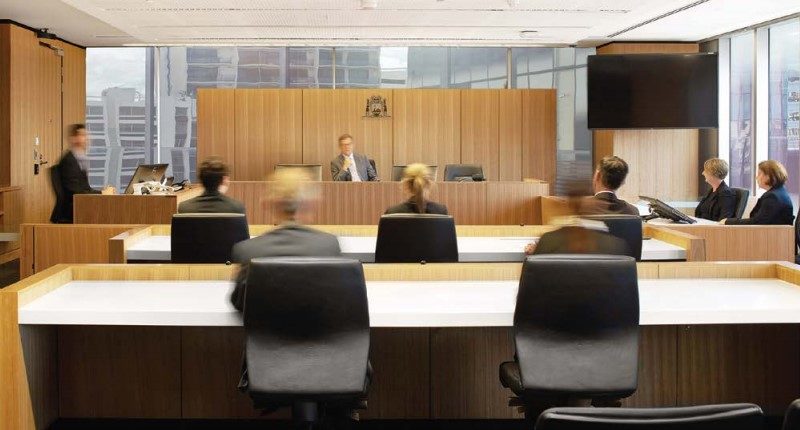- Prior to Covid, there was no specific 'Act' that governed commercial tenancy agreements
- Disputes can now be settled using the State Administrative Tribunal (SAT)
- This author attended one recently, and a positive outcome resulted
One of the significant differences between residential and commercial property management becomes evident by the following phrase used by many commercial property consultants: “let’s see what the lease states.”
Residential and retail tenancies are administered through the Department of Mines, Industry Regulations and Safety via the Residential and Retail tenancies Acts. Commercial and industrial lessees are not necessarily guided through a specific Act, and parties to commercial real estate are to follow common law instead.
As a result, any lease agreement, tenancy, or property in commercial property management is unique, and the terms are based on what was agreed during the early stages of the relationship, which might change by mutual written agreement during the occupancy.
This situation changed when the Covid-19 pandemic started in Australia, together with the Commercial Tenancies (COVID-19 Response) Act 2020 (WA).
Together with the Code of Conduct, commercial property managers and property landlords had to follow this specific Act and set of rules and regulations as per this new temporary law.
Although most parties to the lease agreements came to terms regarding rent relief, some negotiations and disputes did not get resolved between the parties, and a solution remained outstanding.
Before Covid-19, cases like these would go to the parties’ legal teams, and the matter would get resolved between the solicitors.
However, during the pandemic, these cases are referred to a mediator or, if no solution can be reached after a mediation session, to the State Administrative Tribunal (SAT), who will determine the case’s decision.
This process of applying to small court is similar to what residential property managers go through when resolving residential tenancy disputes at the magistrate courts.
There is more information on this process on the website of the Small Business Development Corporation:
“No fee will be charged by SAT in relation to issues covered by the Commercial Tenancies (COVID-19) Act 2020,” says the SBDC website.
“The John Curtin Law Clinic at Curtin University has created a short video explaining what to expect if you take a COVID-19 related commercial tenancy issue to the SAT. Please note, it only provides general information, not legal advice.”
I recently assisted a client and their lessee during a mediation session. After months of discussions between the parties and a telephone mediation session, the negotiations took another three and a half hours before the parties agreed on a deal.
The mediator was well-prepared, knowledgeable, neutral, and took her time to ensure all parties understood the complications of not meeting an agreement at the end of the session.
The result was a positive outcome for both parties as both the lessee and the landlord could find peace in the compromise both parties had to make to resolve the matter amicably.
In summary, during these unprecedented times, situations occur where all parties in a real estate transaction cannot win. A compromise might be the only solution when taking efficiencies and balancing time and efforts into account.
The writer would like to invite any business manager or landlord with Covid-19 rent relief issues for a complimentary, non-obligatory chat to review the situation at hand.
~~
Disclaimer:
This article – or any complimentary discussions following this article – is not legal advice. You are advised to seek independent legal advice from a solicitor to deal with your situation at all times.








